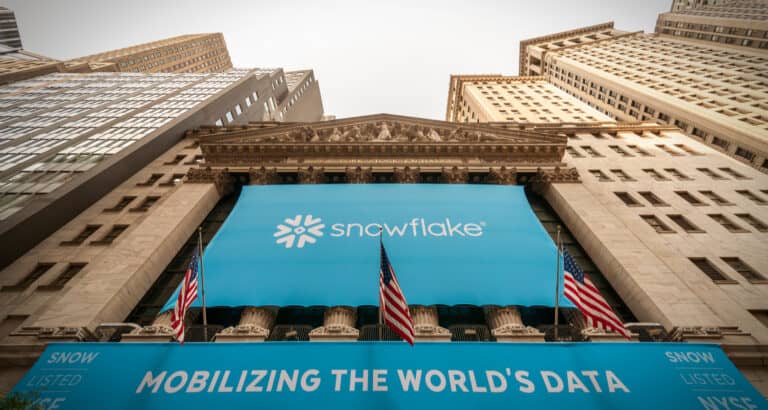Snowflake is strengthening its partnership with Microsoft through new product integrations and capabilities. In a press release, Snowflake announces increased investments for its Azure-related offerings.
As we documented before, Snowflake is a platform that is designed to run on any cloud. “Cloud-agnostic,” in other words. As more and more organizations look to have a multi-cloud setup, it’s quite convenient that something is always possible with the company’s data services. Still, not every cloud is the same, and Microsoft offers several unique AI services through Azure from OpenAI and Azure ML. That’s where Snowflake will leverage its bond with the Redmond giant.
In doing so, Chief Revenue Officer at Snowflake Chris Degnan discusses an “evolving” partnership with Microsoft. According to him, integrations with the tech giant’s AI and LLM services will enable customers to increase productivity with the latest AI models.
Integrations for joint customers
Cloud infrastructure means constantly making choices, with mostly vastly different vendors available per cloud. So while Snowflake is also available for other clouds, customers of both that platform and Azure can count on integrations between Snowflake Data Cloud and Azure ML. Both parties are still somewhat vague about the specific applications of these, so it’s important to watch for an explanation of these during Snowflake Summit 2023.
We are already familiar with these types of integrations from many other applications, such as the OpenAI features added to Zendesk in April. Large-scale analyses that are impractical for humans can be solved with generative AI at lightning speed. Consider, for example, sifting through logs of customer behaviour on online platforms to see what sells and what doesn’t, and why. For many industries, data of this nature is very sensitive. This collaboration makes it easier to have OpenAI models analyze data that resides securely on the Snowflake platform. With GPT-4, for example, this can provide key insights that can greatly refine a company’s processes over time.
More than just AI
The collaboration between the two companies only goes beyond additional AI capabilities. For example, there are plans for Snowflake to integrate with Power Automate and Power Apps, which are low-code development tools. The integration will allow repititive processes such as transferring data to be automated.
So the AI announcements stand out the most, although dealing with data in the cloud is becoming increasingly complex. Last year we noted the increased use of data in financial institutions, for example. The integration between Snowflake and Microsoft should at least make this kind of data insight a little more feasible for many more.
